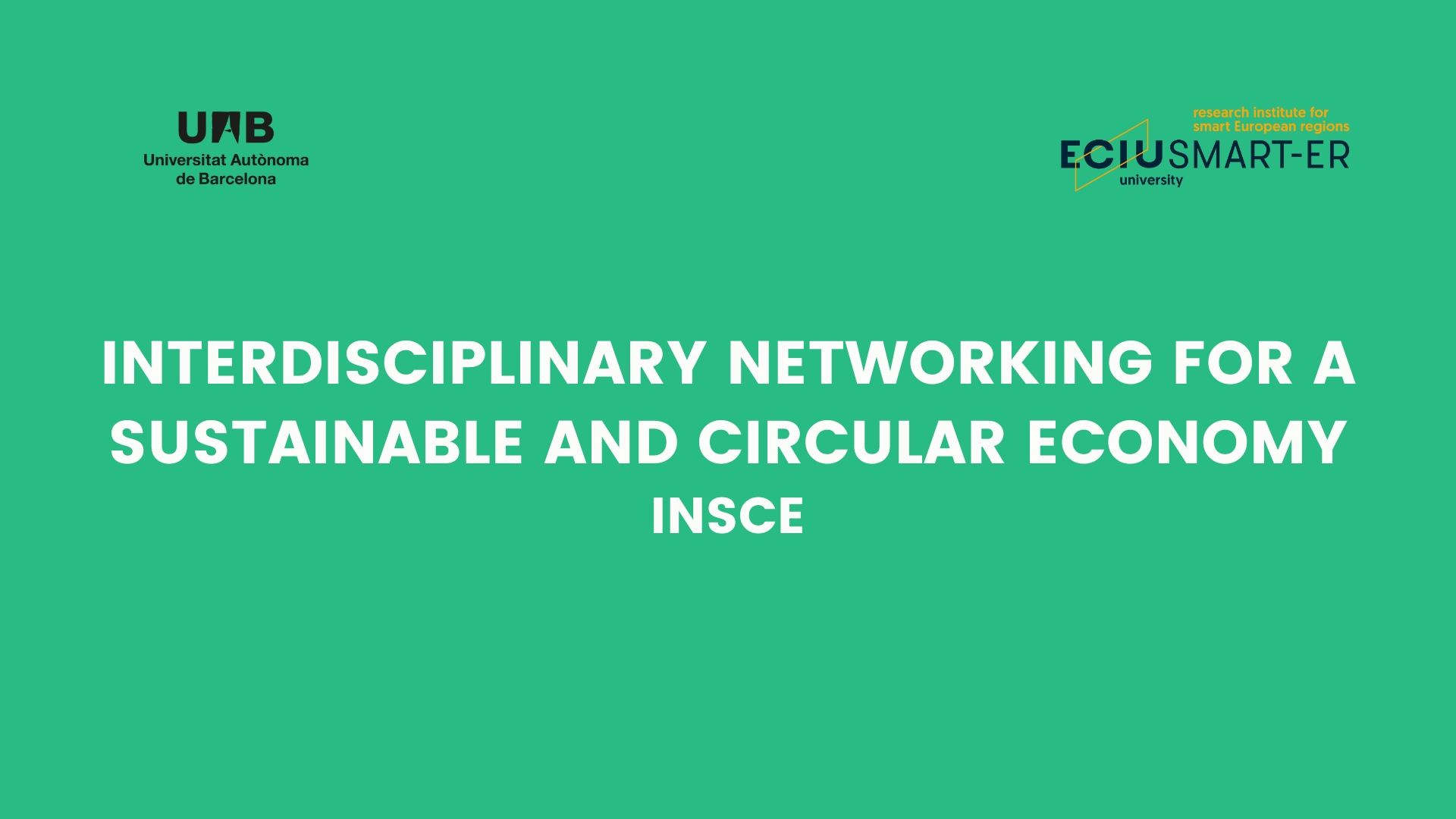INSCE
What is it?
The circular economy is a concept that has been shown to have great merits in mobilizing many different actors and professional groups to contribute to a more effective and resource‐efficient, sustainable and circular society.
The vision of this project is to create an interdisciplinary network for a sustainable and circular economy, focusing on effective solutions and how to make them efficient from a societal perspective.
- Coordinator institution: Kaunas University of Technology (KTU)
- Principal Investigator: assoc. Prof. Viktorija Varaniūtė
- Duration: 12 months
- Research area: Circular economy, circular business models, institutional environment
- Keywords: Circular economy, sustainable development, business models, industry, symbiosis.
UAB members
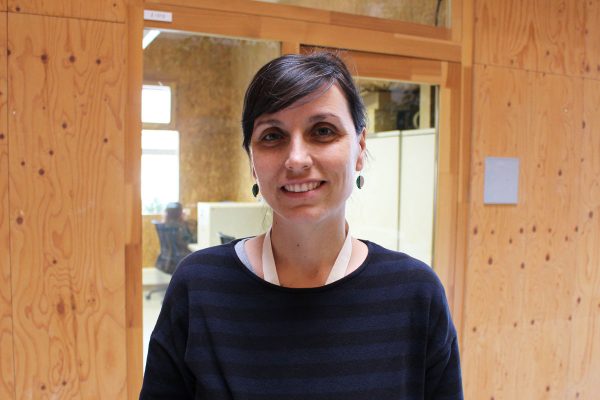
Laura Talens Peiró
PhD in Environmental Science and Technology
ORCID: 0000‐0002‐ 1131‐1838
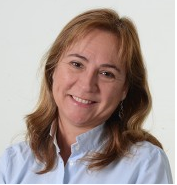
Maria Rosa Rovira Val
PhD in Economics and Business
ORCID: 0000‐0003‐ 0408‐6270
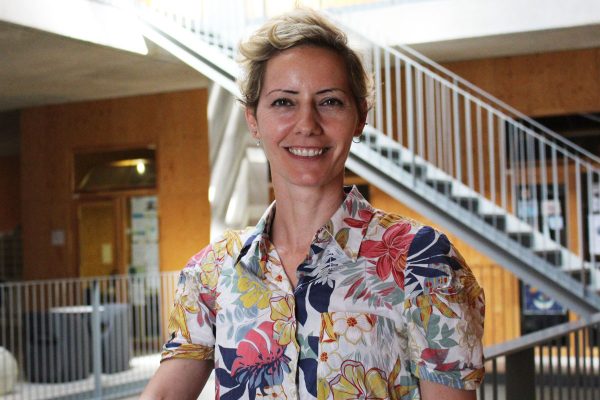
Susana Toboso Chavero
PhD in Environmental Science and Technology
ORCID: 0000‐0001‐ 8475‐5184
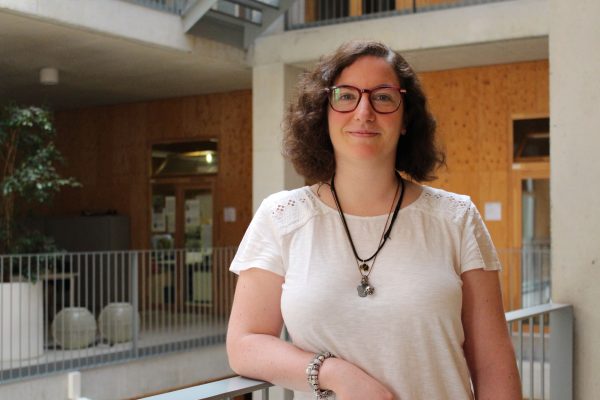
Anna Petit Boix
PhD in Environmental Science and Technology
ORCID: 0000‐0003‐ 2048‐2708
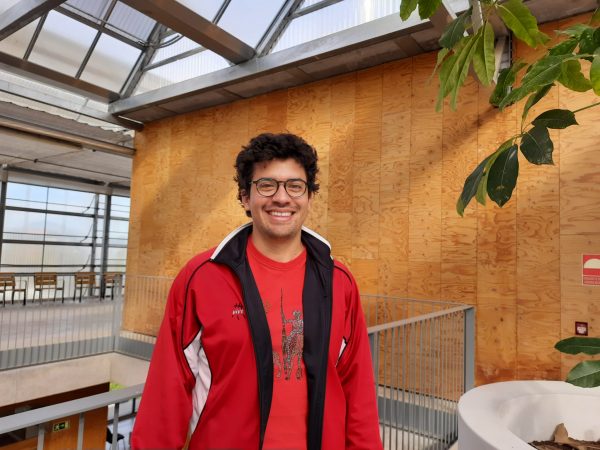
Mateo Sanclemente Crespo
PhD student in the Environmental Science and Technology
ORCID: 0000‐0003‐ 0778‐0946
-
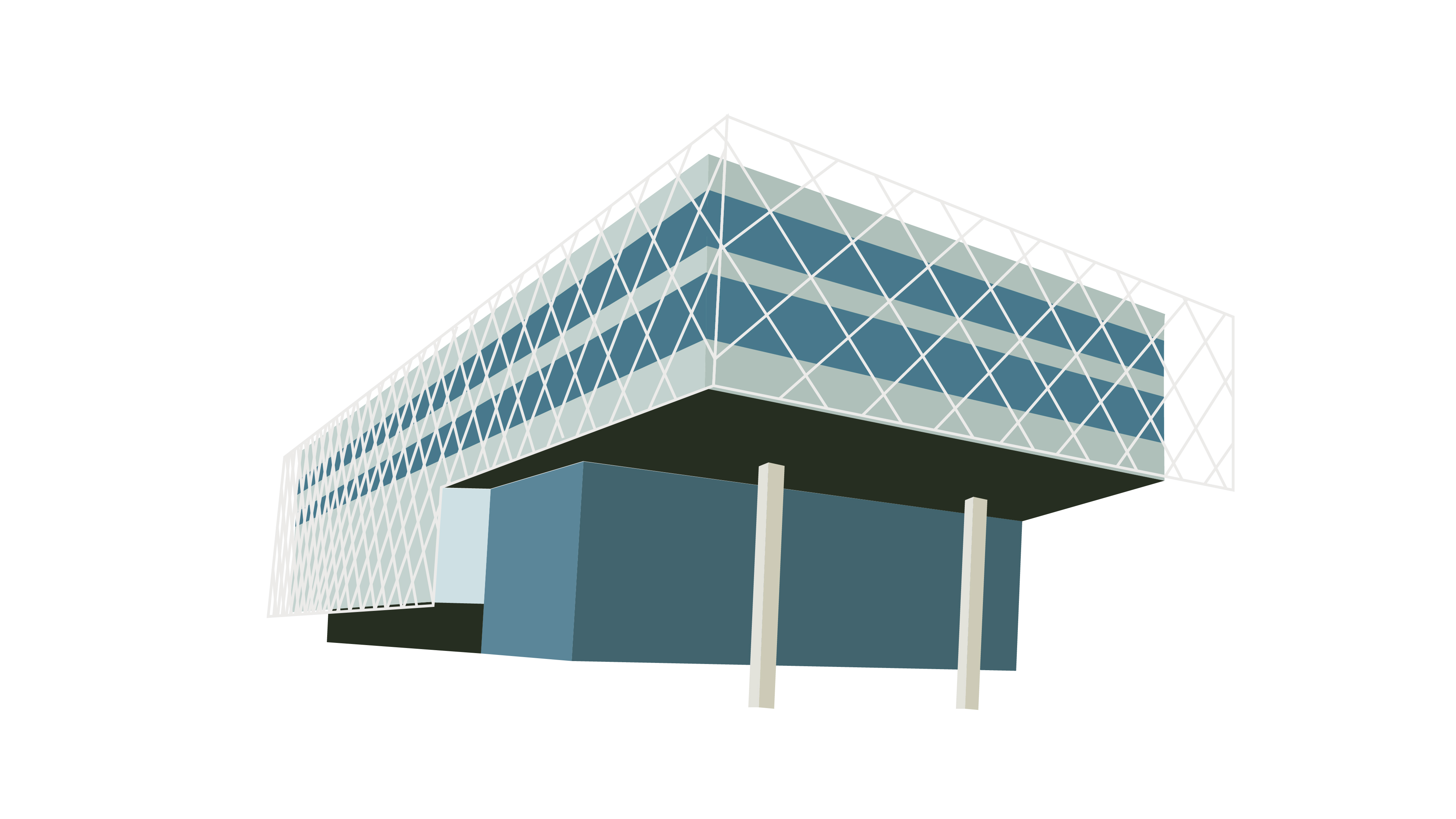
Kaunas University
The University of Kaunas School of Economics and Business is the coordinator of this project. The school offers degrees in environmental costs for sustainable development and master's degrees in circular economy, circular business models, sustainable development economy and circular economy impact assessment.
-
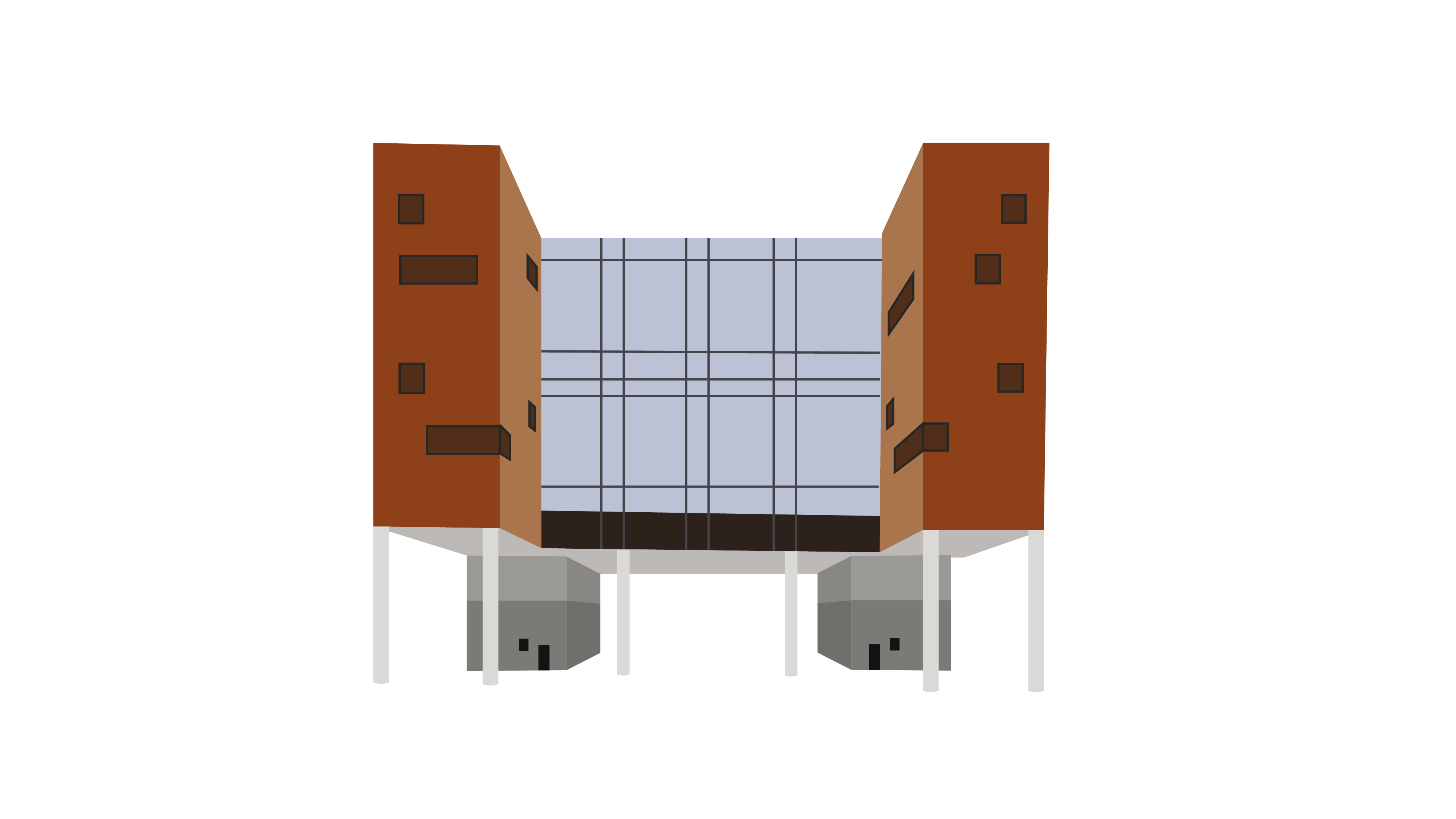
Linköping University
Linköping University has a management or engineering department. In its program it offers studies on circular economy, the development and marketing of business models, circular economy and legal, financial and environmental aspects, LCC, LCA, Lean remanufacturing, sustainable manufacturing, product/service systems, ecological design and industrial ecology.
-
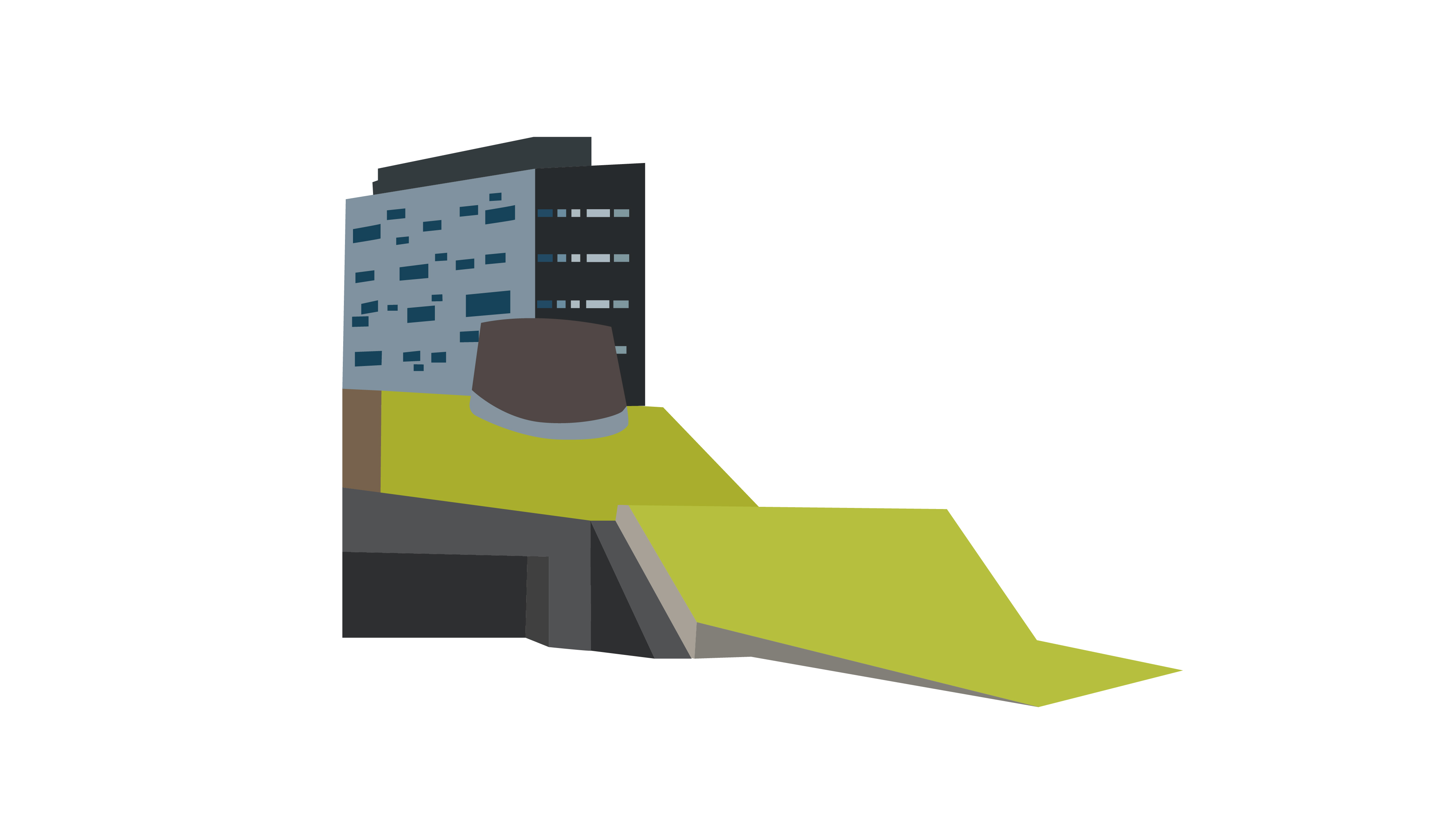
Tampere University
The University of Tampere has an industrial engineering and management department. This university offers a circular economics study module to convert technologies in this area into a business: a model of business development and commercialization. In addition, it offers master's studies in contemporary circular economics challenges and solutions.
